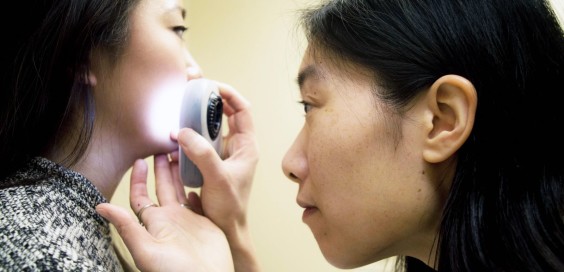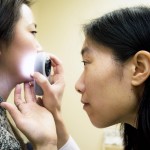
What Are Warts and How Are They Treated?
Posted by Dustin Horton // December 31, 2017 // Local Business
3773 Luker Road
Cortland, NY 13045
P: (607) 257-1107
F: (607) 257-0369
Warts are common skin growths caused by infection with human papilloma virus (HPV), passed from person to person. According to this explanation, they can be skin-colored or dark or have black dots reflecting pinpoint blood spots, or appear flat, rough, or smooth, depending on where they are growing. Warts tend to affect areas of damaged skin, for example where fingernails are bitten or hangnails picked, and can also target those with weakened or immature immune systems such as children.
There are several different kinds of warts, including common warts, foot (plantar) warts, and flat warts. Common warts typically grow on the fingers, around nails, and on the backs of the hands. Plantar warts grow on the soles of the feet, may cluster, and can feel like painful pebbles in one’s shoe. Flat warts, which tend to be smaller and smoother, can grow in large numbers particularly in areas such as the beard and legs where shaving may play a role in spreading the virus. Warts can also spread after someone touches something that another person’s wart touched, such as a towel.
Sometimes a skin biopsy is needed to be certain of the correct diagnosis, but more often, examination by an experienced dermatology provider will distinguish a viral wart from other similar lesions. Rarely, warts can transform into skin cancer such as squamous cell carcinoma or verrucous carcinoma. Because cancer-causing types of HPV, the cause of some anogenital warts and warts arising in the oral cavity, may induce cervical, anal, penile, and vulval cancer, HPV vaccination is helpful for all adolescents. We recommend having a dermatology provider evaluate any questionable growths; warts on the face or genitals; many warts; warts that itch, hurt, burn, or bleed; or warts on patients with weakened immune systems or diabetes.
In children, warts can disappear on their own over a period of several months to years. However, warts that are irritating, painful, bleeding, or spreading should be treated. Warts in adults tend to be more stubborn. Treating warts requires persistence and patience, and is based on stimulation of the body’s own immune system to attack the wart virus. Your dermatology provider can recommend the best approach to stimulating your body’s immune system to attack the wart virus, including topical treatments with salicyclic acid, the blister beetle compound cantharidin, or creams such as imiquimod and tretinoin; freezing treatment with liquid nitrogen; electrical destruction; or injections. To prevent warts from spreading, remember to avoid picking at or scratching the warts; wear flip-flops in public showers, locker rooms, and pool areas; avoid touching someone’s wart; and keeping foot warts dry to avoid moisture that can allow spread.
Dr. Josephine C. McAllister is a board-certified, Harvard trained dermatologist who has selectively chosen and mentored her team of five Physician Assistants with a mission to make dermatologic care more accessible to patients. They are excited to welcome patients to their new office, conveniently located in Cortland at 3773 Luker Road.















